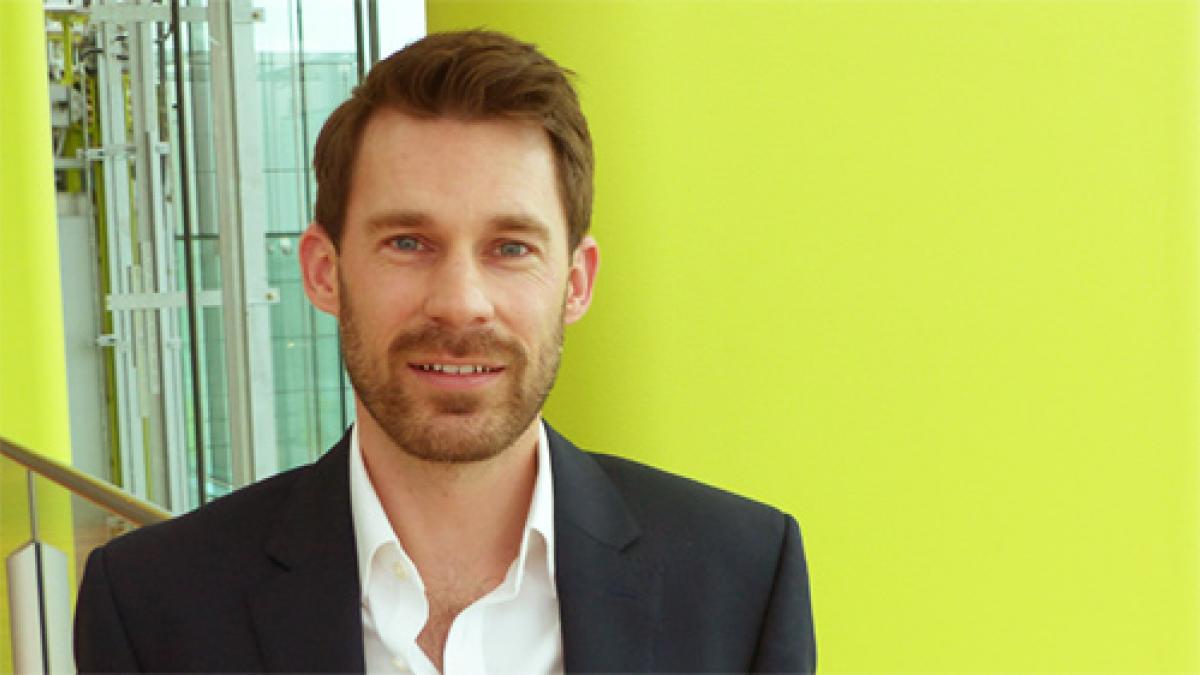Working with a well-known international company has given physiotherapist Marcus Hunt plenty of scope to promote employee wellbeing.

The feelgood factor
Tell us about your role at Unilever
I’ve been European health and wellbeing manager with Unilever, a global company with more than 170,000 employees, for two years. I support 40,000 employees in Europe, including 8,000 in the UK, working with the European occupational health management team in London.
We focus on developing the strategic vision in three core areas: health protection, health promotion and supporting sustainable business impact. I focus on the second and third aspects. This is called ‘Wellbeing & U’ and is based around four ‘pillars’: physical, mental and emotional health, and ‘being purposeful’.
Was the company looking for a physiotherapist?
Yes, and no! Traditionally this role would fall to a human resources leader, as it links to employee engagement, contract management and data analysis. However, it was clear in my interview that Unilever also wanted a huge dose of clinical understanding of wellbeing and health behaviour change. For me, these skills are found naturally in many allied health professionals – especially physiotherapists as we look at the whole person and not ‘the knee’ that hobbles into our clinics. A holistic, behavioural view was important when thinking about progressing the depth of employee wellbeing services.
What your ‘unique selling point’?
I am incredibly passionate about wellbeing in the workplace. Employees spend more than 25 per cent of their time at work so we have the chance to make a huge positive impact with ongoing ‘nudge’ messaging. As health professionals, we can make such a huge positive impact on behalf of our colleagues and those around them. Within this business – which markets products such as Dove, Lynx, PG Tips and Marmite – we can also push the boundaries with fun and engaging interventions.
Tell us how your role has developed
In my two years in post, I have focused on the effects of modern lifestyles and 21st century health challenges – topics such as sleep deprivation, mental health issues, obesity, diabetes and sedentary behaviour. I can draw on a toolkit of interventions from my clinical practice. When we drill down, most wellbeing success is based on understanding your audience, their health improvement ‘destination‘(which is not always obvious) and unpicking the barriers to motivation.
And mental wellbeing?
We saw people accessing the UK Wellbeing portal more than 10,000 times. With only 8,000 employees, this was a great success. We recently became a member of Heads Together – a mental health charity founded by the Duke and Duchess of Cambridge and Prince Harry.
Any future plans?
We won a number of awards in 2015 and 2016, and receive many requests to share our working practices. So 2017 will be a busy time as we work more closely with business forums, local NHS human resource groups, and deliver national presentations. Personally, I’d love to improve wellbeing support in schools. The next generation needs to begin practising the health habits that will lead to long and fulfilling futures.
- Marcus Hunt, health and wellbeing manager, UK, Ireland and Europe, medical and occupational health, Unilever.
More information
To find out more about the CSP’s Pinpoint the pressure workplace campaign here.
Author
Marcus HuntNumber of subscribers: 3
